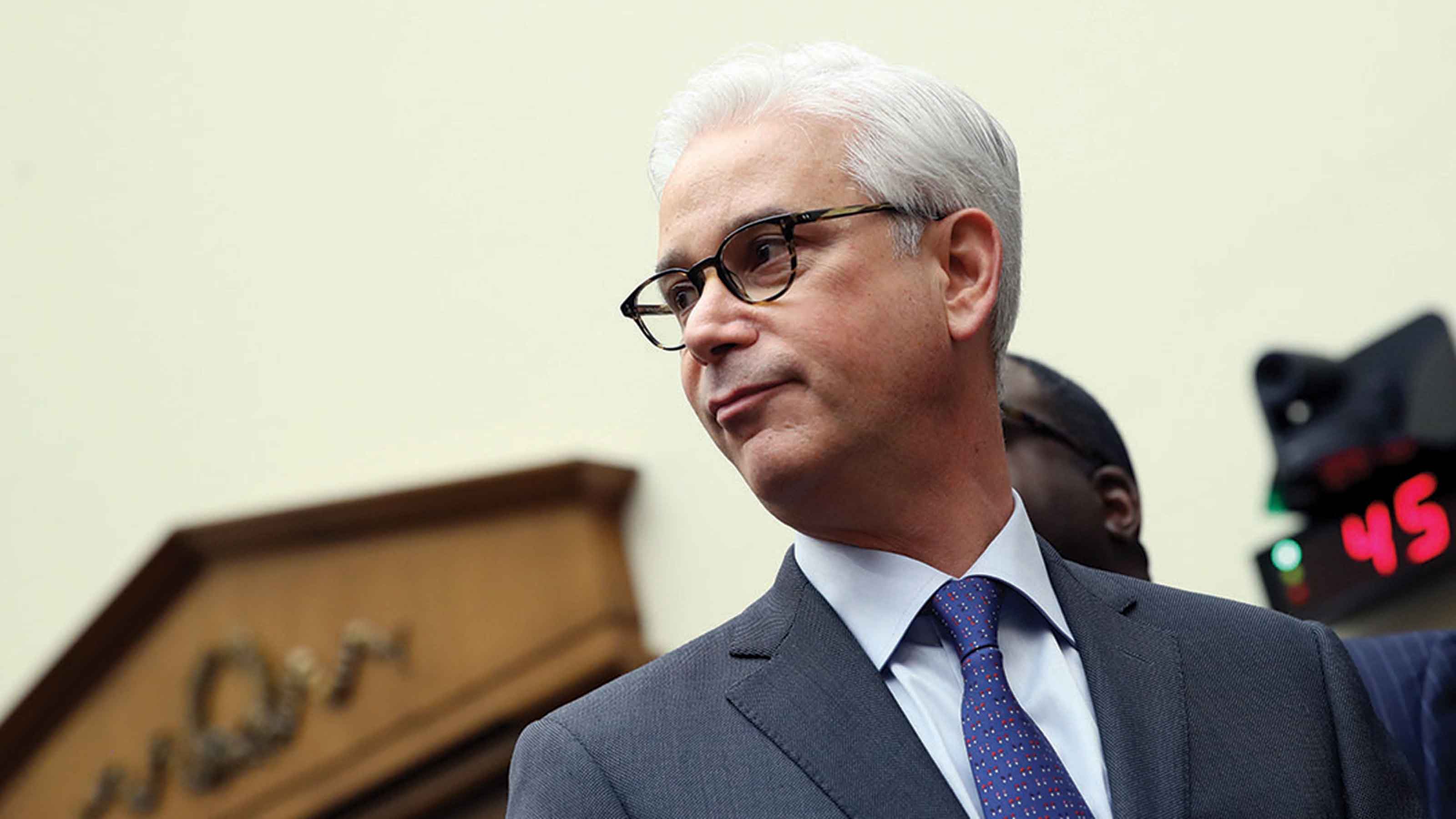Arizona Immigration Ruling Means More State Fights
In the absence of a uniform federal policy, fights over state laws will linger for years.

Profit and prosper with the best of Kiplinger's advice on investing, taxes, retirement, personal finance and much more. Delivered daily. Enter your email in the box and click Sign Me Up.
You are now subscribed
Your newsletter sign-up was successful
Want to add more newsletters?
Today’s Supreme Court ruling that overturns most provisions of an Arizona crackdown on illegal immigrants is just the first shot in what will be a long legal and political battle.
SEE ALSO: Obama's Immigration Move Puts Romney In a Bind
The high court struck down provisions of the Arizona law that allow police to make an arrest without a warrant if there is probable cause to believe someone is in the U.S. illegally, that make it a crime for someone here illegally to apply for a job in Arizona, and that require immigrants to register with the federal government and carry ID cards noting their residency status.
From just $107.88 $24.99 for Kiplinger Personal Finance
Become a smarter, better informed investor. Subscribe from just $107.88 $24.99, plus get up to 4 Special Issues

Sign up for Kiplinger’s Free Newsletters
Profit and prosper with the best of expert advice on investing, taxes, retirement, personal finance and more - straight to your e-mail.
Profit and prosper with the best of expert advice - straight to your e-mail.
The court upheld a provision allowing police to check the immigration status of anyone stopped for another violation, such as speeding.
The next court tests will likely come from Alabama, Georgia, Indiana, South Carolina and Utah. They passed laws similar to Arizona’s that have been on hold pending today’s decision.
So far this year, 27 states have passed new immigration laws, many of them in some way going after those in the country illegally. And hundreds of other bills are in the works in state legislatures, covering everything from work rules to eligibility for driver’s licenses to access to education for the children of illegal immigrants.
For instance, 35 states are working on legislation that would crack down on the employment of undocumented workers. Some states would allow employers to be fined or lose business licenses for hiring illegal immigrants. Others want to require employers to use the E-Verify system, a federal database administered by the Department of Homeland Security that was designed to be voluntary for everyone except federal contractors and their subcontractors.
The Supreme Court has already upheld a state’s right to compel use of E-Verify, clearing the way for Colorado, Wisconsin and Kentucky to consider adding such a requirement later this year. Others will follow. Connecticut, meanwhile, is considering legislation that would allow cities and towns to decide whether to require use of the program.
In addition, legislatures in 25 states are debating bills that would tighten residency requirements for in-state college tuition, with an eye toward proving legal status. And 29 states are considering state-issued identification cards, which would help officials distinguish who is in the country legally.
Many of these laws will pass and will be challenged in state and federal courts. Many members of Congress from both sides of the aisle have called for a federal immigration policy that would override the crazy quilt of state statutes, but there are vast partisan differences in what the approach should include.
President Obama touched on the need for reform in a statement this afternoon about the high court’s ruling. “A patchwork of state laws is not a solution to our broken immigration system,” he said. “It’s part of the problem.”
But this being an election year, there is no chance of immigration reform any time soon. That can of worms will be left for the next Congress and the winner of the presidential election to work out in 2013 or 2014.
Profit and prosper with the best of Kiplinger's advice on investing, taxes, retirement, personal finance and much more. Delivered daily. Enter your email in the box and click Sign Me Up.

-
 Americans, Even With Higher Incomes, Are Feeling the Squeeze
Americans, Even With Higher Incomes, Are Feeling the SqueezeA 50-year mortgage probably isn’t the answer, but there are other ways to alleviate the continuing sting of high prices
-
 Hiding the Truth From Your Financial Adviser Can Cost You
Hiding the Truth From Your Financial Adviser Can Cost YouHiding assets or debt from a financial adviser damages the relationship as well as your finances. If you're not being fully transparent, it's time to ask why.
-
 How to Manage a Disagreement With Your Financial Adviser
How to Manage a Disagreement With Your Financial AdviserKnowing how to deal with a disagreement can improve both your finances and your relationship with your planner.
-
 Airbnb Host Tells What It's Like
Airbnb Host Tells What It's LikeBusiness Costs & Regulation This Denver pharmacist began booking her ski condo a few months after the pandemic hit.
-
 Tough Times for a Family Business
Tough Times for a Family BusinessBusiness Costs & Regulation His dry-cleaning operation was rocked by the pandemic, but he is staying optimistic.
-
 IRS Gives Truckers a Tax Break in Response to the Colonial Pipeline Shutdown
IRS Gives Truckers a Tax Break in Response to the Colonial Pipeline ShutdownTax Breaks The tax penalty for using dyed diesel fuel for highway use is temporarily suspended.
-
 Reliving a Harlem Renaissance
Reliving a Harlem RenaissanceBusiness Costs & Regulation After a tough winter, two sisters look forward to reviving their restaurant’s business.
-
 Add a VPN to Surf the Internet Safely
Add a VPN to Surf the Internet SafelyTechnology To help you fight identity theft, consider adding a VPN.
-
 Stephanie Creary: Making the Case for Diversity on Corporate Boards
Stephanie Creary: Making the Case for Diversity on Corporate BoardsBusiness Costs & Regulation Adding underrepresented voices can improve a company’s bottom line.
-
 Kiplinger's 2020 Election Forecast
Kiplinger's 2020 Election ForecastPolitics For nearly a century, The Kiplinger Letter has forecasted the outcome of presidential elections to keep readers informed of what's coming and what it means for them. Here's our call for 2020.
-
 How We Lose When We Overlook Black Talent
How We Lose When We Overlook Black TalentBusiness Executives Comments from Wells Fargo CEO Charles Scharf (pictured) reflect a culture that tramples on clients’ trust and limits opportunities for people of color.